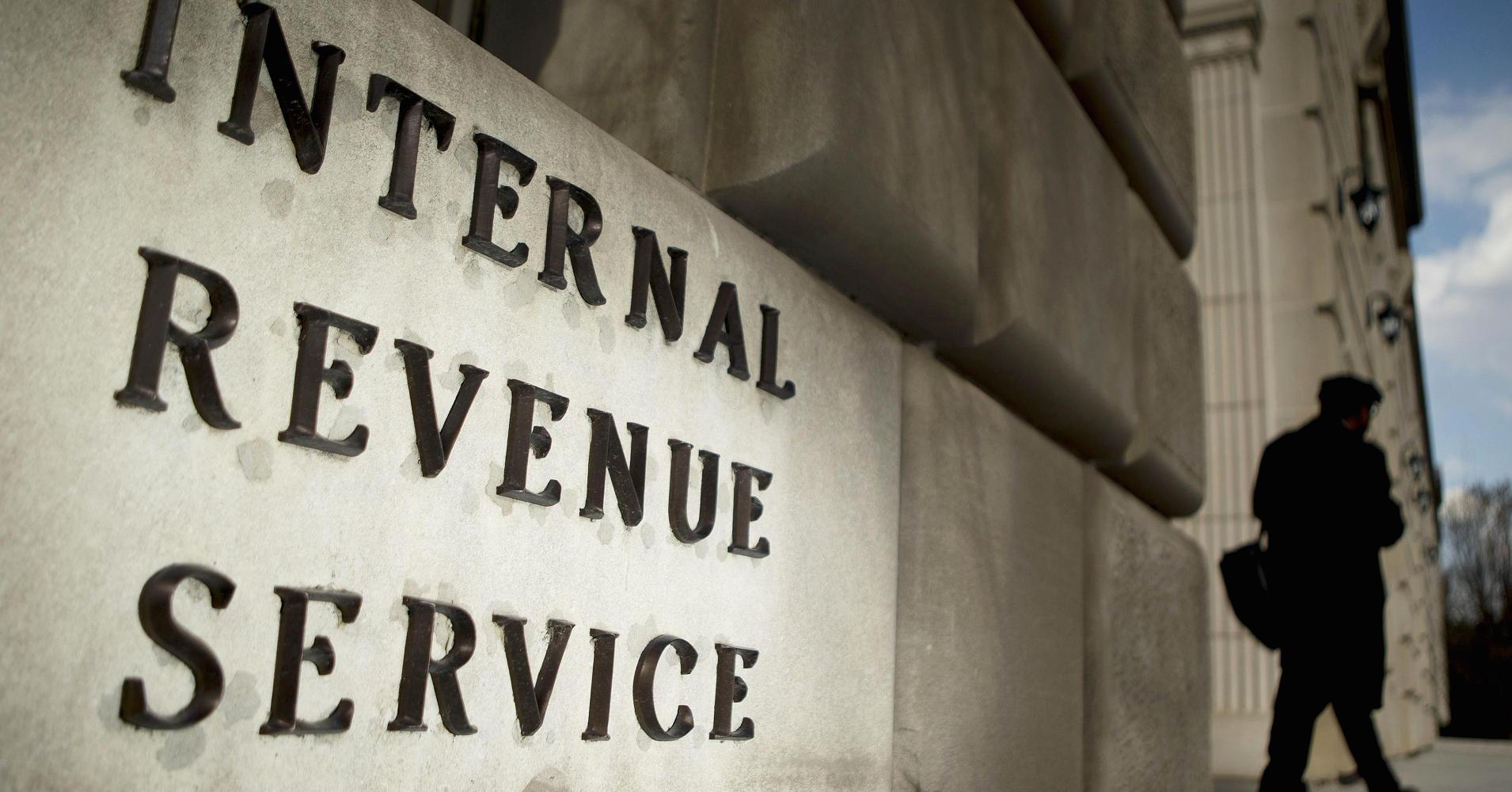Atlas of Surveillance database reveals THOUSANDS of law enforcement agencies unlawfully surveilling Americans
11/28/2022 / By Arsenio Toledo

The Electronic Frontier Foundation (EFF) has just released a database called Atlas of Surveillance, which details the extent to which thousands of United States law enforcement agencies are unlawfully surveilling American citizens with surveillance technologies.
The EFF is a digital rights lobbying non-profit based out of San Francisco. It released its Atlas of Surveillance to act as a searchable and mappable repository “of which law enforcement agencies in the U.S. use surveillance technologies.” (Related: State Department is freely giving intelligence agencies unrestricted access to passport data of 145 million Americans.)
These surveillance technologies include body-worn cameras, automated license plate readers, facial recognition technology and drones.
“This research was compiled by more than 1,000 students and volunteers, and incorporates datasets from a variety of public and non-profit sources,” wrote EFF Director of Investigations Dave Maass.
The project, according to Maass, has two main goals: transparency and engagement.
For the first goal, the Atlas of Surveillance provides national journalists, researchers, activists and policymakers with an easily accessible resource “that could become the first stop on any quest to learn more about” the kinds of surveillance technologies and programs police departments are using.
For the second goal, Maass noted that the Atlas of Surveillance has been an ever-expanding project. By getting the word out that an organization has created a volunteer-driven and easily accessible database to learn about police departments using surveillance tech, more and more people and communities could also “dig in and learn about the techniques and challenges for researching surveillance.”
“On both counts, the project has been successful. Countless news articles have been based on or cited EFF’s project,” wrote Maass. “We’ve also seen the Atlas used for a large amount of scholarly research… The Atlas is also used in many schools.”
Police surveillance programs are expanding rapidly
The EFF considers the Atlas of Surveillance to be a milestone in tracking government surveillance programs and technologies, with over 10,000 data points containing at least partial information regarding the illegal use of surveillance technology by approximately 5,500 law enforcement agencies in all 50 states, Washington, D.C. and U.S. territories like Guam, Puerto Rico and the Virgin Islands.
“However, this milestone sadly also reflects the massive growth of surveillance adoption by police agencies,” wrote Maass. “High-tech spying is no longer limited to well-resourced [police departments in] urban areas; even the smallest hamlet’s police department might be deploying powerful technology that gathers data on its residents, regardless of whether those residents are connected to a criminal case.”
According to the EFF’s report, in the span of just two years, law enforcement agencies all over the U.S. have ramped up their acquisition of surveillance technology and expanded their already-existing surveillance programs.
The number of police departments that have partnerships with home surveillance company Ring, owned by Amazon, has grown from 1,300 departments just two years ago to more than 2,000 now.
The number of law enforcement agencies with real-time crime centers, essentially police tech hubs that are “filled with wall-to-wall camera monitors and computers jacked into surveillance datasets,” has grown from around 80 to more than 100.
“All this might have gone unnoticed had the Atlas of Surveillance project not been keeping track,” wrote Maass.
Learn more about government surveillance programs at SpyGateNews.com.
Watch this clip from Real America’s Voice discussing how Big Tech company Twitter must answer for its mass surveillance of Americans.
This video is from the News Clips channel on Brighteon.com.
More related stories:
Feds introducing ‘digital’ currency that government can ‘program’ to control individual behavior.
Sources include:
Submit a correction >>
Tagged Under:
badtech, big government, Electronic Frontier Foundation, government surveillance, law enforcement, Police, policing, privacy, privacy watch, surveillance, surveillance state, surveillance technology, technology
This article may contain statements that reflect the opinion of the author
RECENT NEWS & ARTICLES
COPYRIGHT © 2017 LIVING FREE NEWS



















